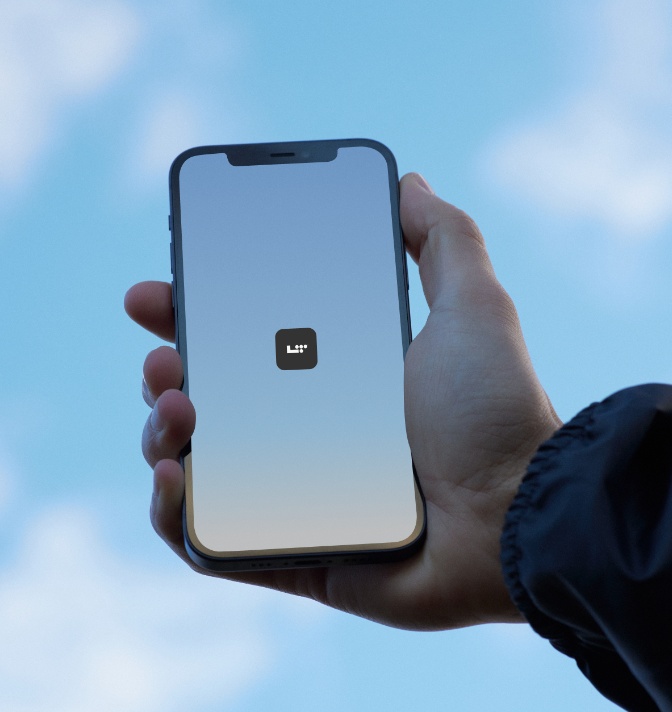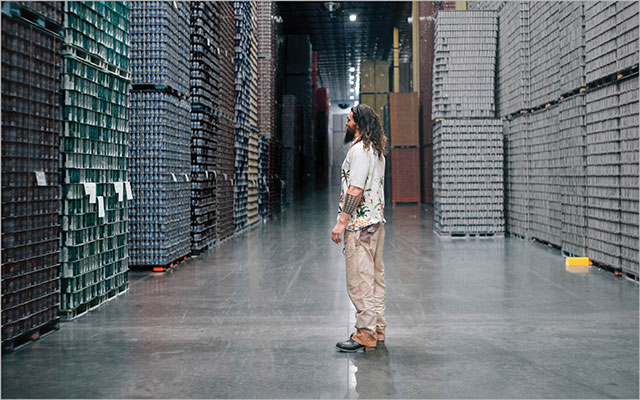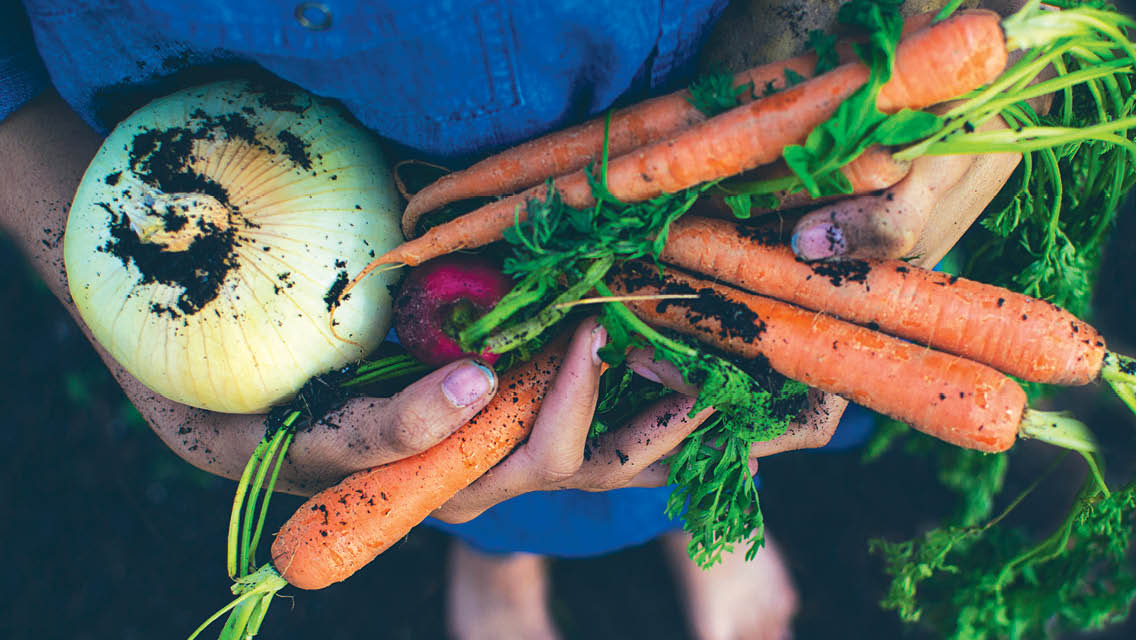Life Time is eliminating all plastic water bottles from its 140-plus LifeCafes by September 6, 2021.
I’m thrilled that we’ve been able to make a passionate, companywide decision to eliminate these single-use plastics — and grateful to the team that has diligently worked through all the logistics to make it happen so quickly. There’s no time to waste: We must commit to practices like this and act swiftly to build on them.
We’re all aware of how ubiquitous plastic is in our lives — and how big of a problem it has become for our environment. We walk beaches strewn with litter; we see articles about the Texas-size islands of trash floating in our oceans.
Most of us are worried, so we’re individually doing what we can to help. We choose reusable bags and beverage containers over disposables ones. We put the plastics we believe will be recycled into the appropriate bins, and we set them out for pickup. We feel committed and are doing our part in what has become a ritual.
Yet what’s the reality?
We don’t have all the information. While we may feel encouraged that we’re doing something about this overwhelming problem, when we examine all the facts, we may discover it’s accomplishing very little.
When I spent summers, as a boy, at the river village in Iran where my father grew up, there were no plastic bottles, no plastic wrap, no excess. Every bottle or glass jar was a prized possession. Nothing was thrown away; there were no garbage trucks, let alone recycling. My mother, Marzi, reused what we had.
Times have changed. Consumerism, convenience, and greenwashing have fooled us into giving ourselves a pass — we think it’s OK to use plastic because it can be recycled.
The recycling process, however, puts its own demands on energy and resources; there’s not enough infrastructure in the United States to process all that we discard; and the protocols for sorting are imperfect. An EPA report on plastic consumption in 2018 revealed some unsettling numbers:
- While we used 35.7 million tons of plastic in the United States in 2018, we recycled only 3 million tons.
- That means only 8.7 percent of overall plastics were actually recycled.
- Meanwhile, nearly 27 million tons of plastic ended up in landfills.
That last number is especially worrisome. The discrepancy is largely due to the overburdened infrastructure, but it’s also partly the result of our own recycling habits: When we neglect to rinse food remnants from plastic containers, for instance, they go from would-be recycling into the garbage. And that garbage is piling up.
The way our population is growing, by 2050 we will have created more than twice as much plastic waste as we’ve created to date in the history of the world. It’s clear that this planet and the people on it are in big trouble if we continue generating waste at this pace.
The Intergovernmental Panel on Climate Change estimates that we have between 10 and 30 years to stave off the worst-case scenarios facing our planet. So, I repeat: There’s no time to waste.
Today is the day to challenge and change our assumptions as well as our immediate actions. While there are strategies that must be put in place at the national and global levels, the thing we can all do right now is limit or stop our use. Reduce and reuse are key to casting aside our blue-bin reliance.
My family follows my mother’s lead and reuses everything possible. Pickle jars line our kitchen shelves, containing not only fresh juice and garden vegetables but wonderful reminders of my mother and the care she took.
My mother had no idea what it meant to “recycle.” She just understood the concept of thoughtful use. Pickle jars may be a simple example, but they’re a start.
Life Time is committed to Healthy People, Healthy Planet, Healthy Way of Life, and it’s our turn to lead by example. Small steps and business-as-usual will no longer do: It’s time for a quantum leap in healthy environmental change for the benefit of all.
By the end of 2022, we’ll be replacing all plastic bottles — not just water bottles — with more sustainable options like aluminum. We’re also identifying alternatives for plastic utensils and containers.
Beyond the LifeCafes, we’re eliminating single-use disposable items in other spaces, too, including the dressing rooms. (Read about our five-year sustainability plans at news.lifetime.life/sustainability.)
As a father, I strive to teach my children how to calculate risk and make decisions. When it comes to using plastic, the risk for the entire human race is alarmingly high. We have to start making different choices now.
So I’ll return to where I began: By September 6, 2021 — Labor Day — Life Time is eliminating all plastic water bottles from its LifeCafes, equating to the removal of 1.6 million single-use products annually. It’s a good start.






This Post Has 0 Comments